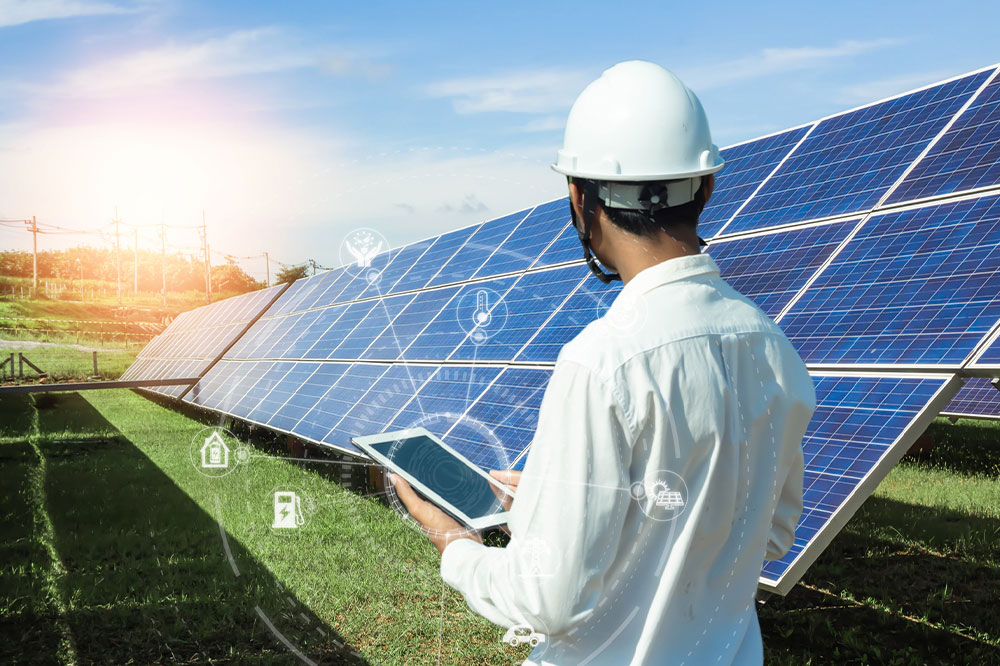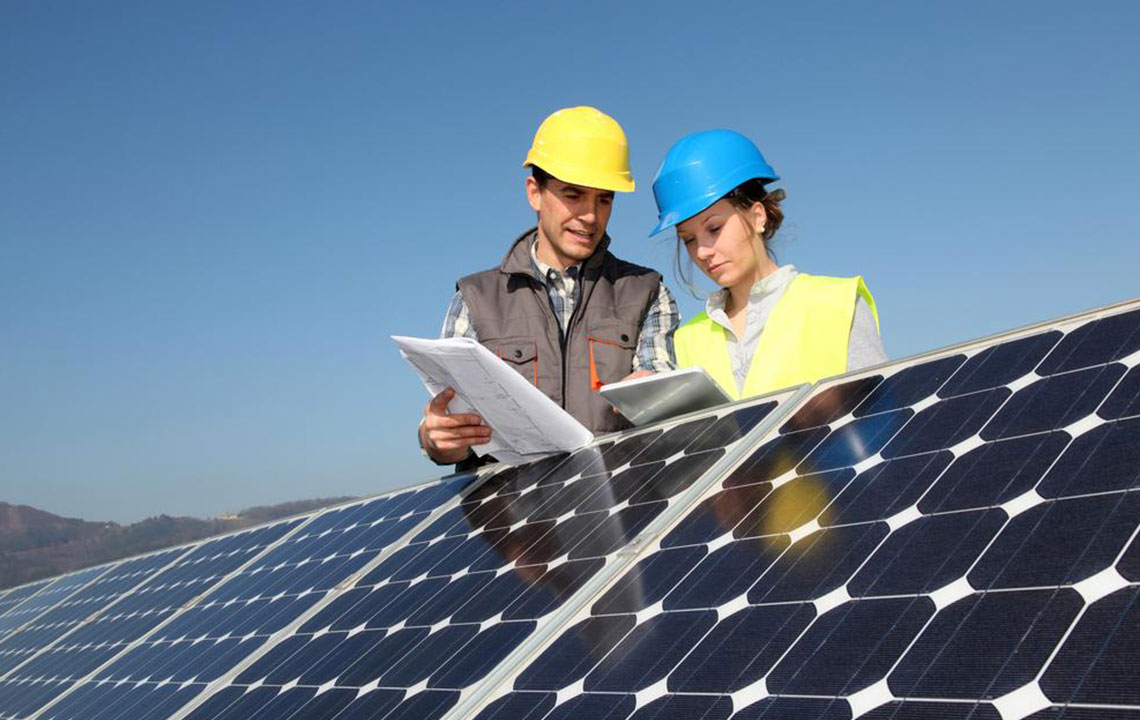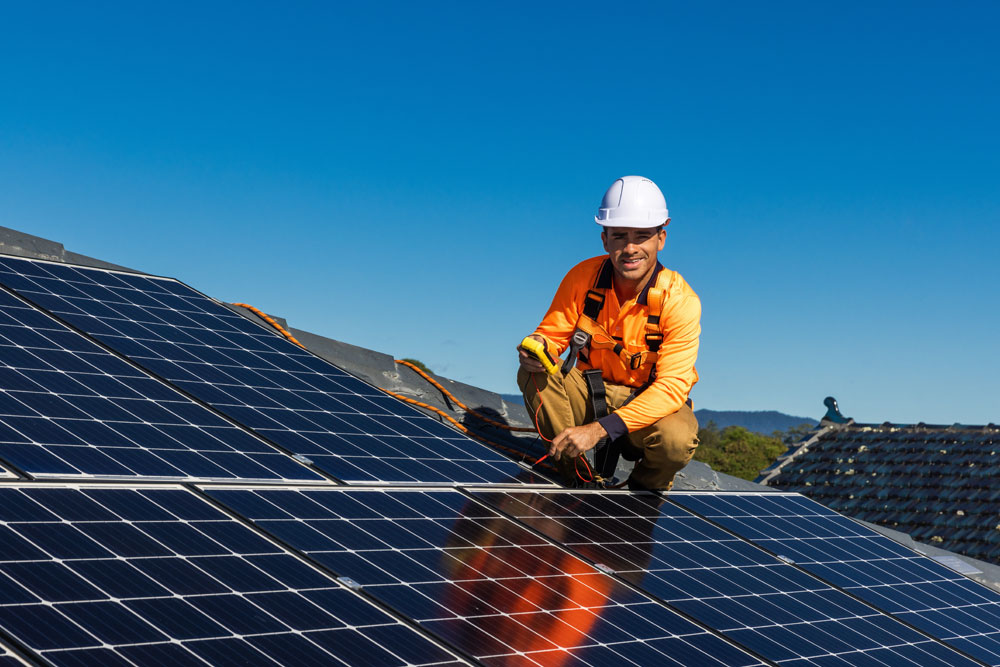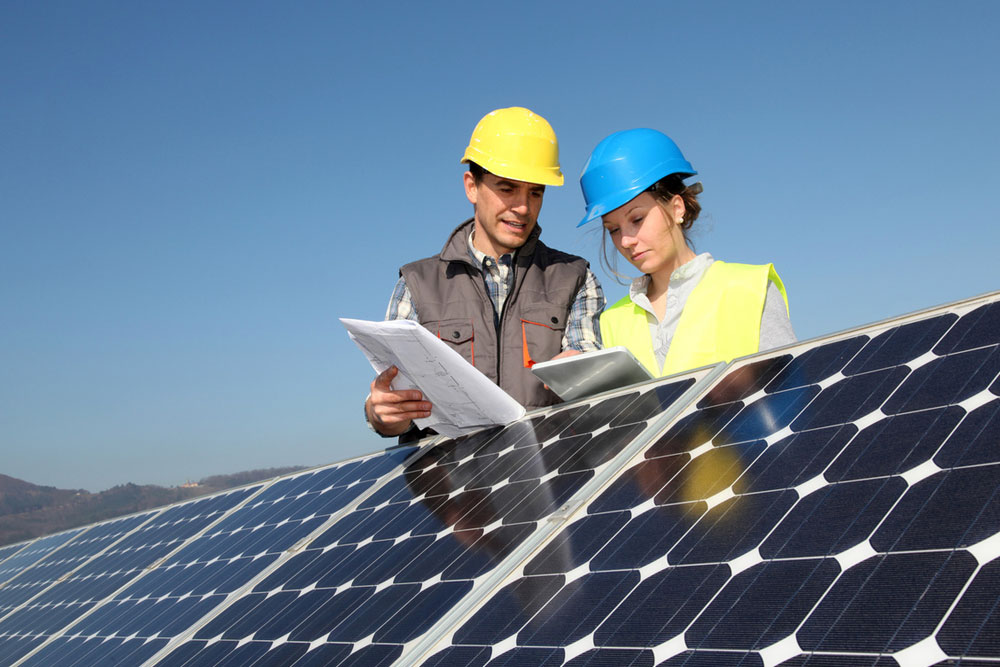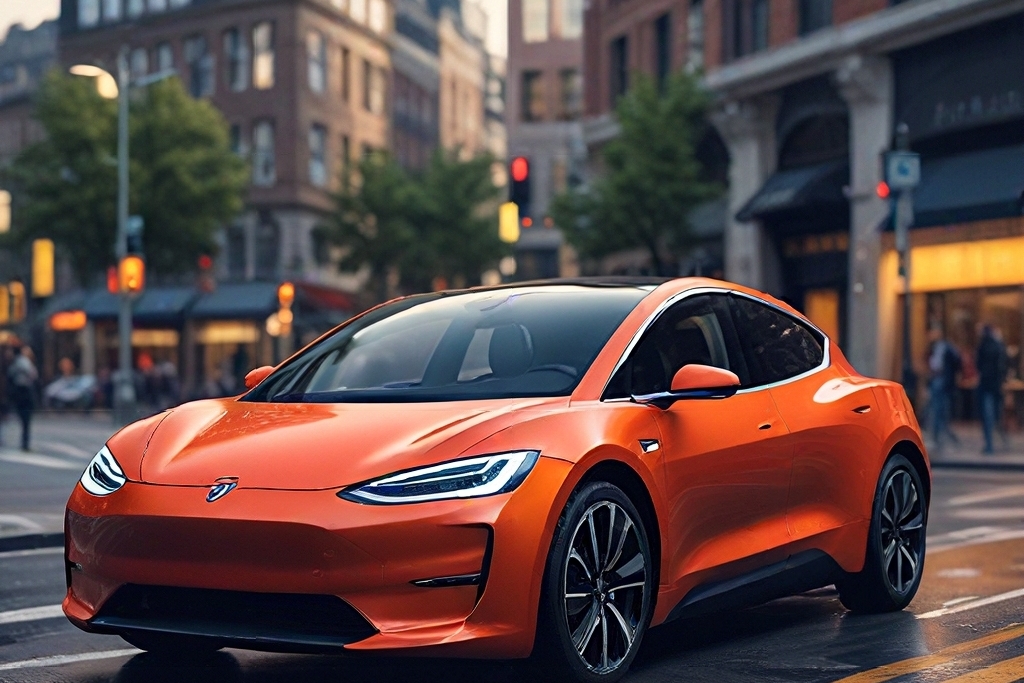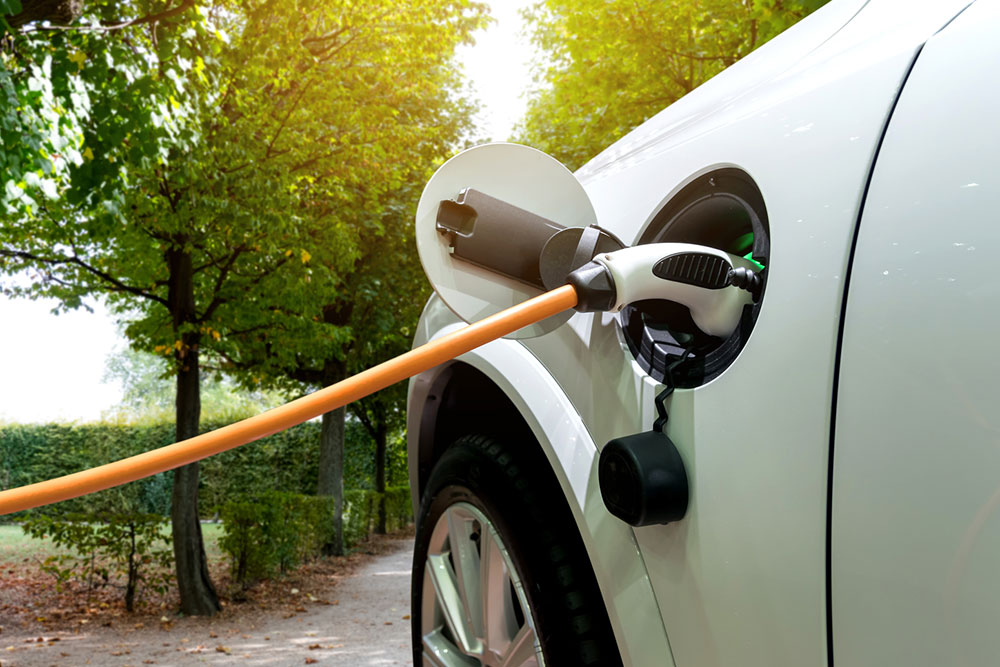Cost Analysis of Solar Panel Setup in Germany
This article explores the costs of installing solar panels in Germany, including initial investments, government incentives, and long-term savings. It highlights key factors influencing price, benefits of solar energy, and future market trends. Perfect for homeowners and businesses considering renewable energy options, this comprehensive guide emphasizes financial feasibility and environmental benefits, making solar power an accessible sustainable solution in Germany.
Sponsored
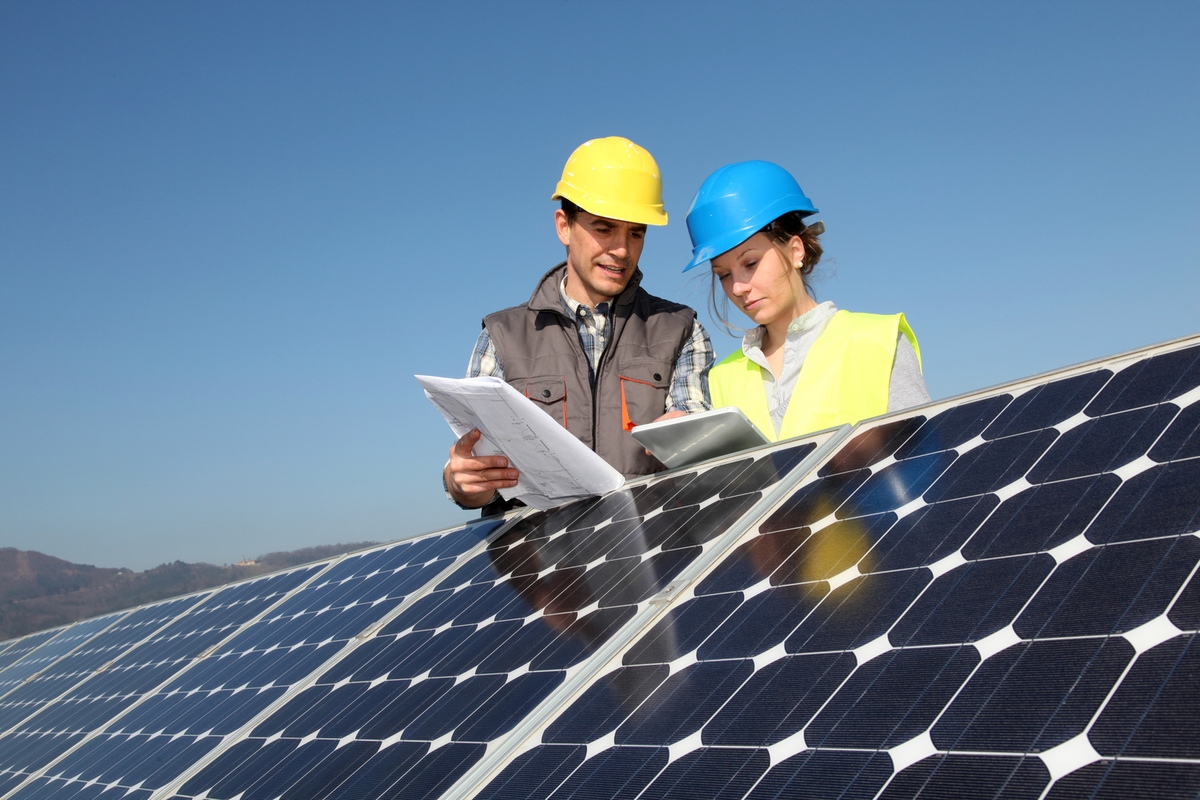
Germany stands out as a leader in renewable energy, showcasing a strong commitment through its expanding solar power market. With increasing interest from homeowners and enterprises eager to lower energy expenses and reduce environmental impact, understanding the financial aspects of solar panel installation becomes essential. This article provides a detailed overview of the costs involved, factors influencing prices, available government incentives, and the long-term benefits of adopting solar energy in Germany.
Breaking Down Installation Expenses
Initial Investment
The upfront cost for installing solar panels varies based on system size, panel quality, and installation complexity. Typically, residential systems cost between €1,200 and €1,800 per kWp. For an average home system of around 5 kWp, the initial expense ranges from €6,000 to €9,000.
Components of Startup Costs
Solar Panels: Core components that influence system performance and durability, with higher-efficiency panels costing more.
Inverter: Converts direct current to usable household alternating current, costing between €800 and €1,200 for a 5 kWp system.
Mounting Structures: Varying in cost depending on mounting type and structure complexity.
Professional Installation: Ensures safety and efficiency, with costs from €1,000 to €2,000.
Permits and Inspections: Local authorization fees, totaling €300 to €500.
Ongoing Expenses
Once installed, operational costs remain low, mainly covering:
Maintenance: Regular cleaning and inspections, costing around €100 to €200 annually.
Inverter Replacement: Needed every 10-15 years, approximately €800 to €1,200.
Government Support and Incentives
Germany promotes solar energy with various financial benefits:
Feed-in Tariff (EEG): Pays a fixed rate for power fed into the grid, approximately €0.07 to €0.10 per kWh as of 2023.
KfW Loans: Government-backed low-interest loans covering up to 100% of installation costs.
Tax Exemptions: VAT exemption for systems under 30 kWp and potential levies exemptions for self-consumption.
Long-Term Advantages and Returns
Beyond initial incentives, solar installations offer substantial benefits:
Electricity Bill Savings: Significant reduction due to self-generated power, especially with rising energy prices.
Property Value Increase: Homes with solar systems tend to fetch higher resale prices.
Environmental Impact: Reduces greenhouse gas emissions, supporting climate objectives.
The typical payback period ranges from 8 to 12 years, depending on system size and subsidies, making solar energy a smart investment for the future.
Germany's ongoing focus on green energy and technological advancements continue to lower costs and improve efficiency, encouraging more adoption of solar power. Investing today helps forge a sustainable, cost-effective energy landscape for years to come.

